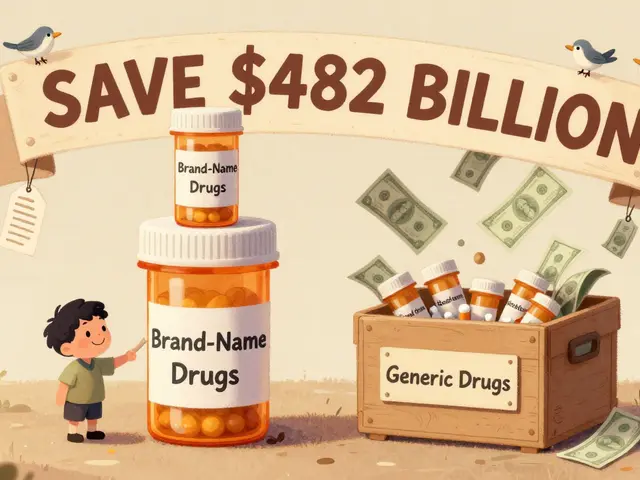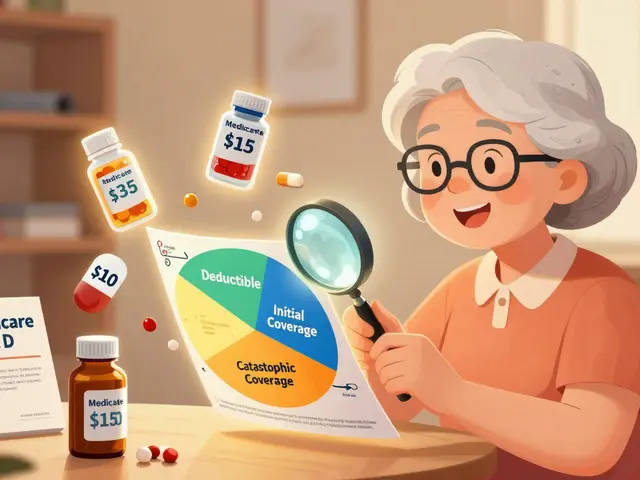
Nutrient‑Rich Foods & Supplements: Simple Ways to Boost Your Diet
Ever wonder why some meals leave you feeling full of energy while others don’t? The difference often comes down to nutrient density – how many vitamins, minerals and good stuff are packed into each bite. Below you’ll find easy ideas for loading your plate and your pillbox with the nutrients your body actually needs.
What Makes a Food Nutrient‑Rich?
A nutrient‑rich food gives you more vitamins, minerals, fiber or healthy fats per calorie than a typical snack. Think leafy greens, berries, nuts, seeds and whole grains. These foods supply the building blocks for strong bones, clear skin and steady energy without extra sugar or empty carbs.
When you shop, look for color and variety. A bright orange carrot, deep‑purple blueberry or dark green kale is a quick visual cue that the item is loaded with antioxidants and micronutrients.
Choosing Supplements That Really Help
If you can’t get enough nutrients from meals alone, a well‑chosen supplement can fill the gap. Here’s a short checklist to keep your purchase smart:
- Check the label. Look for “USP‑verified” or “third‑party tested” symbols that prove purity.
- Match the dose. A supplement should offer at least 100 % of the daily value for the target nutrient, but not wildly exceed safe limits.
- Avoid unnecessary blends. Some multi‑vitamins cram in herbs and additives you don’t need – stick to what addresses your specific gap.
Popular nutrient‑rich supplements on HappyHead include high‑potency Vitamin D3, omega‑3 fish oil capsules, and a magnesium glycinate powder that’s easy on the stomach. Each product is sourced from reputable manufacturers and has clear dosing instructions.
Now let’s turn theory into action with three everyday habits you can start today.
Three Quick Hacks for More Nutrients
- Add a veggie boost to every meal. Toss a handful of spinach into your morning smoothie, mix chopped bell peppers into scrambled eggs, or layer sliced cucumber on your sandwich. It only takes a minute and adds a solid punch of vitamins A, C and K.
- Snack smarter. Replace chips with a small portion of nuts or seeds. Almonds give you healthy fats and magnesium; pumpkin seeds are rich in zinc. Keep a reusable bag handy so you’re not reaching for the junk drawer.
- Take a daily supplement at the same time. Pair your pill with breakfast or lunch to build routine. Setting an alarm on your phone helps you remember, and it turns the habit into a low‑effort part of your day.
These steps work whether you’re a busy professional, a student, or anyone looking for more steady energy without caffeine crashes.
When to Talk to a Professional
If you have a medical condition, are pregnant, or take prescription meds, it’s worth checking with a pharmacist or doctor before adding new supplements. Some nutrients interact – high iron can affect absorption of certain antibiotics, for example. HappyHead’s articles often link to detailed safety guides, so you can read up before you buy.
Bottom line: nutrient‑rich foods and well‑chosen supplements give your body the tools it needs to run smoothly. Use color cues, keep an eye on labels, and turn a few small habits into a daily routine. Your future self will thank you for the steady boost of health and energy.
-
21 Jul






